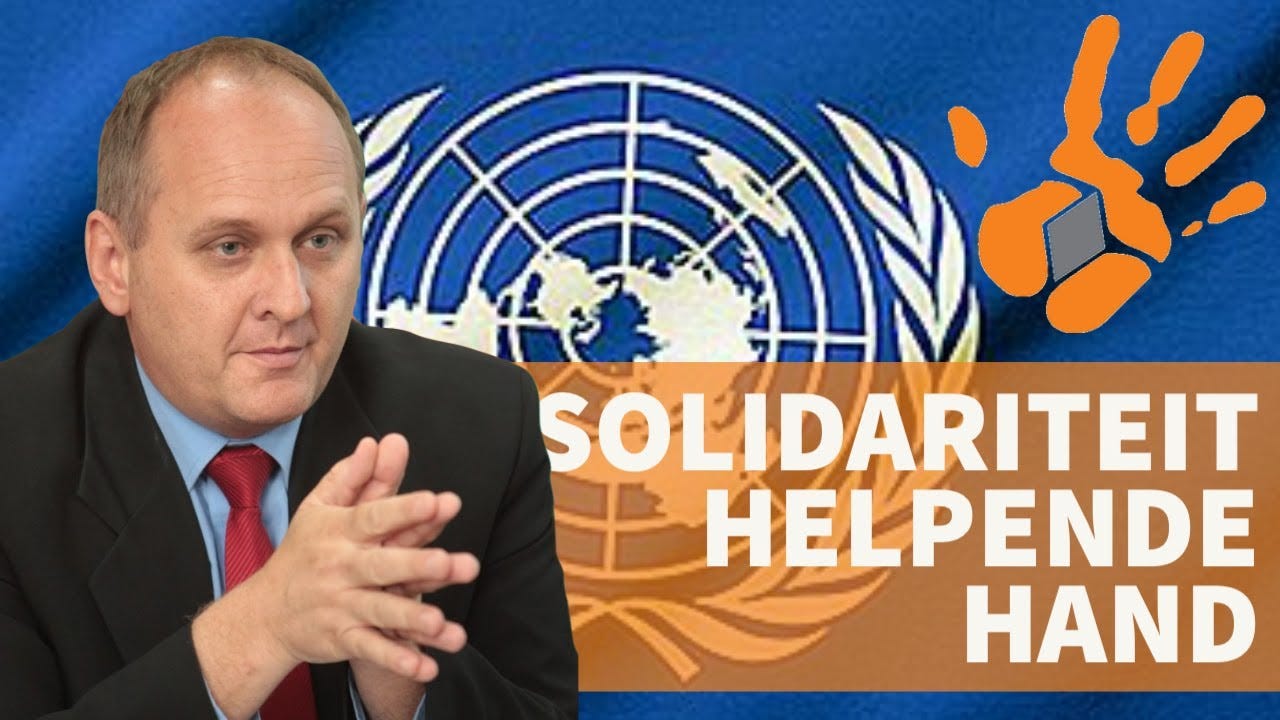Race, Regulation, and Reality: New Racial Laws to be Implemented in South Africa
Dear Readers,
South Africa stands as one of the world's most heavily regulated countries concerning racial laws, primarily due to a policy known as Black Economic Empowerment (BEE). The BEE, introduced to redress the inequalities of Apartheid by giving certain previously disadvantaged groups (Black Africans, Coloureds, Indians, and Chinese who arrived before 1994) economic privileges, has been a part of South Africa's socio-economic landscape for years.
BEE has had profound effects on businesses in South Africa. It has shaped hiring and promotion strategies, focusing more on racial quotas than the skills and abilities of prospective employees. This shift has greatly disrupted the freedom to work and conduct business, creating a challenging environment for both employers and employees.
One of the most prominent and direct impacts of these policies can be seen in the current energy crisis. The prioritization of racial quotas over skills and competence has contributed to a lack of qualified professionals in essential industries, including energy, leading to rolling blackouts throughout the country.
Simultaneously, we're witnessing the emergence of white townships. This phenomenon, an offshoot of the racial quotas and economic disadvantages faced by the white population, starkly symbolizes the consequences of these racial regulations.
Despite these issues, it appears that the South African government is set to double down on these race laws, as evidenced by new racial regulations recently published in the Government Gazette. Solidarity, a prominent labour federation, has taken up the mantle to challenge these regulations. Committed to labour rights and fighting racial discrimination, Solidarity plans to contest these new regulations in court.
Solidarity has long expressed concern about these regulations, deeming them unconstitutional and arguing that they give the Minister of Labor and Employment undue power. The organization believes that this could lead to even greater racial divides and socio-economic problems in South Africa.
Below, you can find a previous interview I conducted with Dr. Dirk Hermann, the manager of Solidarity:
Indeed, even if Solidarity secures a win in the courts, it is unlikely that the struggle will end there. The political parties promoting these racial regulations currently have a substantial majority in parliament. This majority gives them the capacity to modify laws if they encounter legal hurdles in enforcing their policies. Consequently, a legal victory could merely act as a catalyst for these parties to alter their tactics, continuing to advance their agendas through adjusted legislation. This potential cyclical situation underscores the issue's complexity and tenacity, as it surpasses legal confines and ventures into the spheres of political resolve and legislative authority. This clearly highlights the necessity for all-encompassing solutions that reach beyond the court's jurisdiction, focusing on the pivotal questions concerning what is genuinely fair and truly rightful.
Make sure you're subscribed to our updates so you can stay informed about the latest developments. We're also excited to share that a short video from a recent visit to a white township north of Pretoria is in the works. This piece will offer a personal, on-the-ground perspective of the situation that is affecting so many people's lives. You won't want to miss it, so subscribe today to ensure you catch it as soon as it's released.
Thank you for joining us in this important conversation. Together, we can work towards understanding and advocating for a South Africa ruled by law, not ideology.
Best Regards,
Jonas Nilsson




